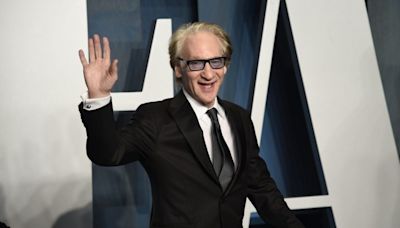Search results
The intellectual roots of critical thinking are as ancient as its etymology, traceable, ultimately, to the teaching practice and vision of Socrates 2,500 years ago who discovered by a method of probing questioning that people could not rationally justify their confident claims to knowledge. Confused meanings, inadequate evidence, or self ...
History. This supplement elaborates on the history of the articulation, promotion and adoption of critical thinking as an educational goal. John Dewey (1910: 74, 82) introduced the term ‘critical thinking’ as the name of an educational goal, which he identified with a scientific attitude of mind. More commonly, he called the goal ...
Critical thinking is the analysis of available facts, evidence, observations, and arguments in order to form a judgement by the application of rational, skeptical, and unbiased analyses and evaluation. [ 1 ] In modern times, the use of the phrase critical thinking can be traced to John Dewey, who used the phrase reflective thinking.[ 2 ]
Sep 12, 2024 · Stanford Encyclopedia of Philosophy - Logic and Ontology. Critical thinking, in educational theory, mode of cognition using deliberative reasoning and impartial scrutiny of information to arrive at a possible solution to a problem. From the perspective of educators, critical thinking encompasses both a set of logical skills that can be taught ...
Jul 21, 2018 · Critical Thinking. Critical thinking is a widely accepted educational goal. Its definition is contested, but the competing definitions can be understood as differing conceptions of the same basic concept: careful thinking directed to a goal. Conceptions differ with respect to the scope of such thinking, the type of goal, the criteria and norms ...
As for the English term "critical thinking", a popular view is that it was coined by the American educator and philosopher John Dewey, who wrote about critical thinking and reflective thinking in his 1910 book How We Think. However, the actual history of critical thinking is somewhat more complicated. First, many of the so-called Presocratic ...
People also ask
Where did critical thinking come from?
Who invented critical thinking?
What does critical thinking mean?
Is critical thinking an educational goal?
What is the goal of critical thinking?
What is a critical thinker?
Critical Thinking is the process of using and assessing reasons to evaluate statements, assumptions, and arguments in ordinary situations. The goal of this process is to help us have good beliefs, where “good” means that our beliefs meet certain goals of thought, such as truth, usefulness, or rationality. Critical thinking is widely ...




